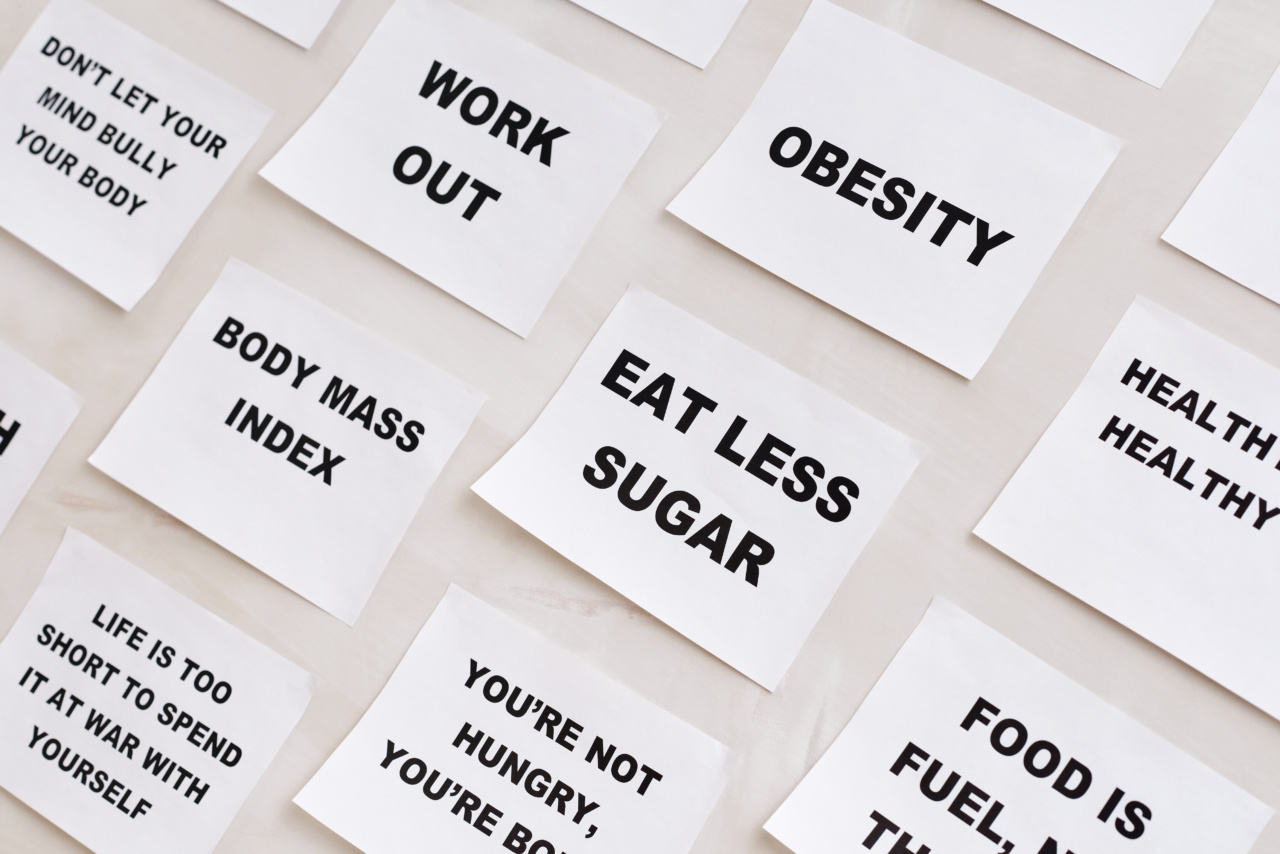What you eat can have a significant impact on the health of your gut. When your gut is inflamed, it can lead to a host of unpleasant symptoms such as bloating, gas, diarrhea, and constipation.
In addition, chronic inflammation in the gut has been linked to a range of health problems from autoimmune diseases to depression. In this article, we’ll take a look at the eating habits that can aggravate inflammation in the gut, and what you can do to support a healthy gut.
The Role of the Gut Microbiome in Inflammation
The gut microbiome is a collection of bacteria, viruses, and fungi that live in your digestive tract. These microorganisms play a crucial role in maintaining the health of your gut.
They help to break down your food, extract and absorb nutrients, and keep harmful pathogens at bay.
When the balance of good and bad bacteria in your gut is disrupted, it can lead to inflammation.
This can happen for a variety of reasons, including a diet high in sugar and processed foods, chronic stress, environmental toxins, and the use of antibiotics. Inflammation in the gut can cause damage to the lining of the intestines and impair the function of the entire digestive system.
Sugar and Refined Carbohydrates
A diet high in sugar and refined carbohydrates is a major contributor to inflammation in the gut. These types of foods are quickly broken down into glucose, causing a rapid spike in blood sugar levels.
This can lead to insulin resistance, which is associated with chronic inflammation throughout the body, including the gut.
Processed foods, such as white bread, pasta, and packaged snacks, are often high in refined carbohydrates and added sugars.
These foods can also contain preservatives, artificial flavors, and other additives that can disrupt the balance of good and bad bacteria in the gut.
Trans Fats and Omega-6 Fatty Acids
Trans fats and omega-6 fatty acids are two types of fats that can contribute to inflammation in the gut. Trans fats are found in many processed foods, including margarine, fried foods, and baked goods.
Omega-6 fatty acids are found in vegetable oils, such as soybean, corn, and sunflower oil.
While some omega-6 fatty acids are necessary for good health, the typical Western diet is high in these fats, which can lead to chronic inflammation.
A diet high in trans fats and omega-6 fatty acids can also suppress the production of anti-inflammatory compounds in the body, exacerbating the problem of inflammation in the gut.
Alcohol
Excessive alcohol consumption can irritate the lining of the intestines, leading to inflammation.
Alcohol can also disrupt the balance of good and bad bacteria in the gut, which can contribute to inflammation and other digestive problems such as diarrhea and bloating.
Dairy Products
Dairy products, particularly those that are high in fat, can be difficult to digest for some people. This can lead to inflammation in the gut, especially in those who are lactose intolerant or have a dairy allergy.
Dairy products can also contain hormones and antibiotics that can disrupt the balance of good and bad bacteria in the gut.
Gluten
Gluten is a protein found in wheat, barley, and rye. For some people, consuming gluten can cause an immune response that leads to inflammation in the gut. This is known as celiac disease.
Even in those who do not have celiac disease, consuming gluten can cause bloating, gas, and other digestive problems.
What to Eat for a Healthy Gut
To support a healthy gut, it’s important to eat a diet that is rich in whole, nutrient-dense foods. This means emphasizing fruits, vegetables, lean proteins, and healthy fats like avocado and olive oil.
Foods that are high in fiber can also be beneficial to the gut. Fiber acts as a prebiotic, meaning it provides food for the good bacteria in the gut. Examples of high-fiber foods include fruits, vegetables, whole grains, and legumes.
Probiotic-rich foods, such as yogurt, kefir, and fermented vegetables, can also be beneficial for the gut. These foods contain live bacteria that can help to restore the balance of good and bad bacteria in the gut.
In Conclusion
Chronic inflammation in the gut can lead to a range of health problems, from digestive issues to autoimmune diseases and even mental health issues.
By avoiding foods that aggravate inflammation, and incorporating more whole, nutrient-dense foods into your diet, you can support a healthy gut and improve your overall health.



























